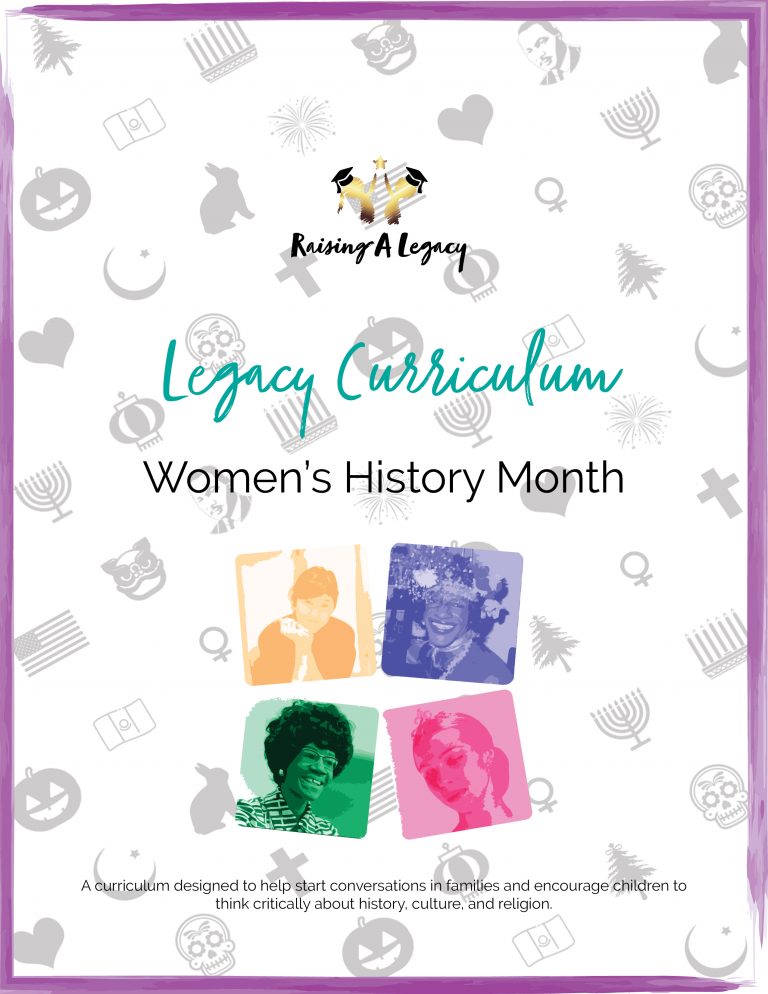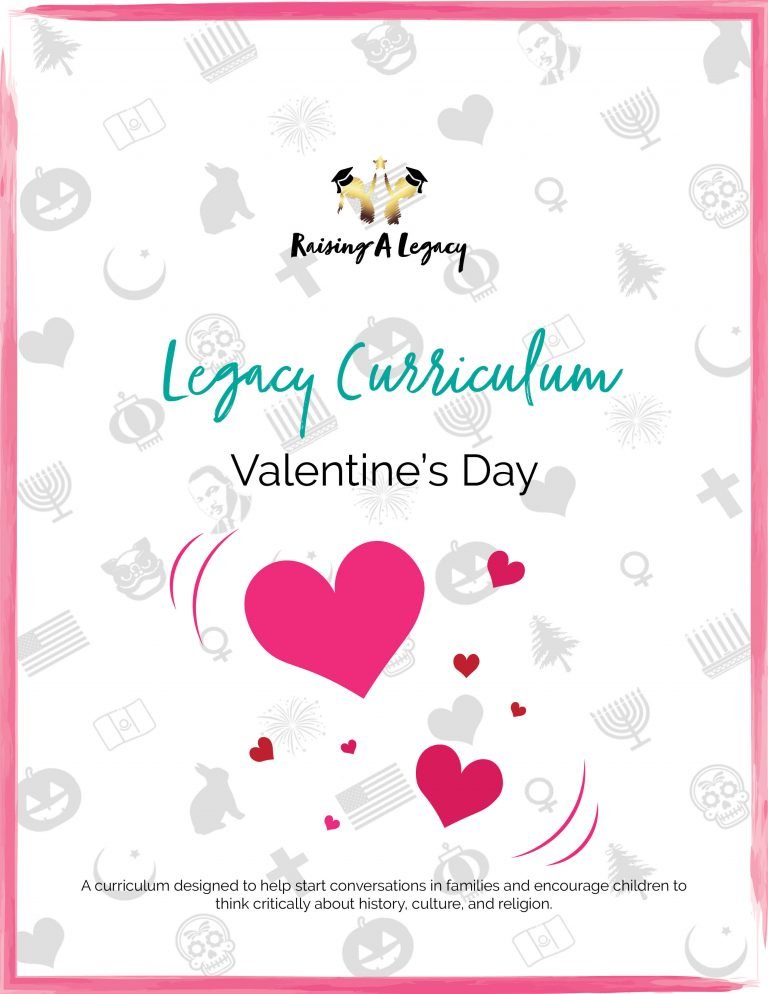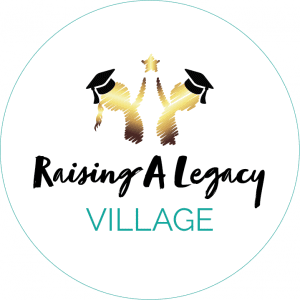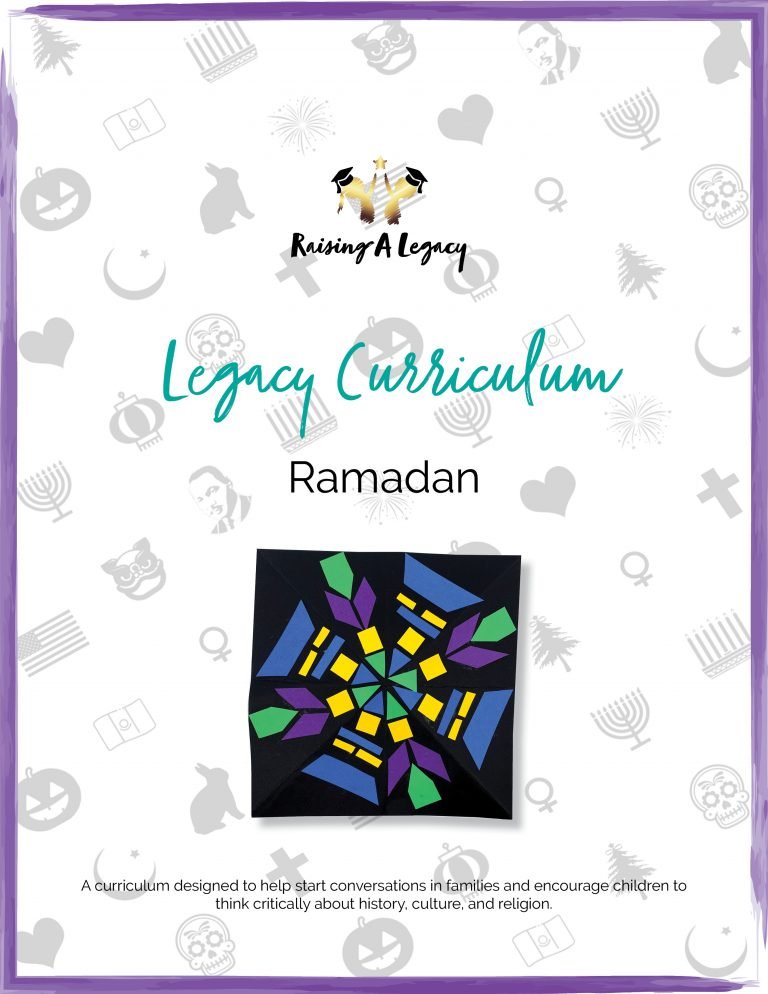
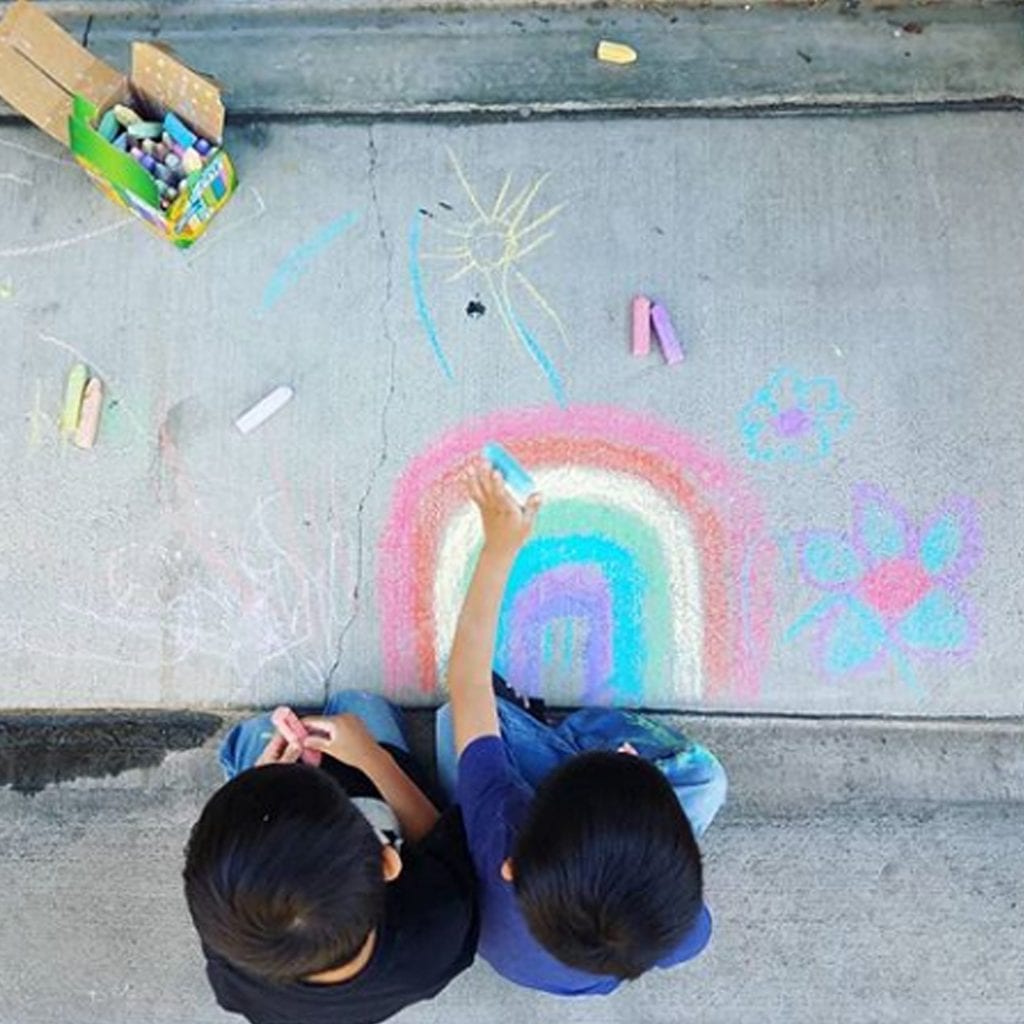
Interview with Ruthie from Chasing After Twins
1. Tell us about yourself and what you are passionate about.
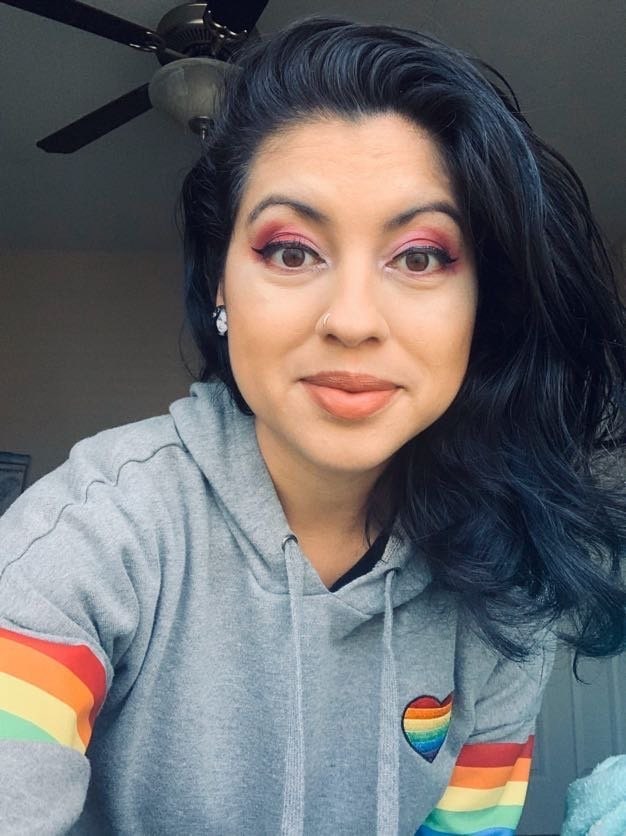
I’m a busy homeschooling stay at home mom to twin 5-year-olds. I’m into horror, coffee, books, and equality. I’m passionate about feminism and everything that’s involved in it.
2. You focus a lot on gender roles and gender identity. Can you speak more on this, and what these words mean?
I’ve always been outspoken on gender stereotypes growing up while doing my own thing & being criticized on it. Lately, having my own kids really helped open my eyes to even more gender stereotypes/roles that need dismantling. It involves so much more than just letting them play with whatever toys they choose. Teaching kids about gender and stereotypical roles can help reduce sexism.
3. How do you think gender roles affect children and society as a whole?
It limits choices and freedom and instead places a narrow-minded way of thinking. It can teach kids that their gender has limitations, that a gender can only do certain things. Later on, it can affect future relationships just by not being able to express emotions, or being raised in a sexist household. When gender roles are forced on kids, all genders suffer.
4. What are some of the ways you promote gender identity awareness with your children?
I do not restrict anything based on their gender. We talk a lot about gender identity through amazing progressive books, especially those that show there are many ways to be a girl, a boy, or neither. I don’t pressure them to look or be a certain way and respect decisions. For example, while we have gotten comments on cutting their hair because they’re “boys” they both decided to grow it out last year and don’t want a haircut.
We can all cook, clean, work outside, change car tires, change bulbs and are a family where our kids have seen no specific gender roles, but instead all roles being played by both their parents whenever needed.
5. As a fellow parent, I think we have all been in a similar situation: You are out with your child and they see a man in a dress or a woman in a wheelchair, and they draw attention to that person and point them out. Most parents get embarrassed, and try to hush their child. How would you respond?
Once they asked what a wheelchair is used for and I explained, instead of showing embarrassment since it shouldn’t be embarrassing to be in a wheelchair. It’s ok to be curious and I tell them so, I’d rather them ask than they assume things about abilities/disabilities. People of all abilities should be seen as normal.
There was also a time where they pointed out a man wearing makeup. “I think he’s a boy and likes makeup like me! That’s so cool!” This was a positive experience seeing others dismantle gender roles for them to see. I think they took it as inspiration as they don’t often see others dress the way they do.
6. There is a lot of push for equality for girls, and giving girls the same opportunities as boys. Does this solve the problem, and what does this mean for boys?
We won’t achieve equality until we change things for everyone. We encourage girls to take on all jobs, be independent, all things shown to be a symbol for strength, boys are being left behind when it comes to emotional health. Masculinity is still a symbol of power whereas being feminine or a woman in general is considered weak. Until we tackle our unconscious bias we won’t achieve true gender equality.
7. What are some tips for teaching boundaries and consent to young children?
It’s never too early and when in doubt find an amazing book for kids to help explain. I also model by showing them respect as well as to my partner, they need to see it for themselves. I ask them before I force hugs and kisses they may not want and they know to ask the same of others like their friends. They have their own decisions that are respected when it comes to their body and know they must do the same for others. It was also important to teach correct names for body parts instead of making it confusing or shameful to help combat abuse. It can be as simple as, ” can I give you a hug” which then helps them remember to ask others as well as knowing it’s their body their choice. Sometimes I get a “not right now mommy” and that’s ok. I love knowing they know they can say no too.
8. I want to briefly discuss peaceful parenting. What does this look like in your household?
I was definitely not raised in a gentle parenting household, so when it came to them I made the decision of doing the opposite of how I was raised. This means not using fear, manipulation, and power over them to control their behavior. I practice gentle parenting which means no abuse of any forms, especially spanking which I know is still a controversial subject. Instead of hitting we identify emotions together to better understand why we’re feeling the way we do and how to cope with those feelings. It sounds easier said than done but it’s an ongoing process. In our house, we respect children and their feelings because they’re just as important.
9. I think one of the most asked questions in regards to peaceful parenting is how do you keep your cool when you are stressed out?
When it comes to peaceful/gentle parenting it always starts with yourself. I learned I had to regulate my own emotions and unlearn my unconscious bias that had stuck with me. I had to learn not to act on my fight or flight feeling and even delay on taking action until I’m calm. This can mean walking away and going into my room to take some deep breaths while empathizing why they did what they did. I have to often remind myself that they’re not purposely giving me a hard time, they’re having a hard time and that it’s my job to help them through it.
10. Say for example, your child has been hitting a sibling. How would you handle this situation to correct the behavior?
I take this time to explain (again) why hitting is wrong, to treat others the way you would like to be treated. “How do you think you would feel if your brother hit you? You feel bad and don’t like it either? That’s how he feels when you do it to him.”
I ask them why they did it and then we discuss how we could have better-handled things. For example, they know next time to tell their brother they were upset or didn’t like something they did instead of hitting, or coming to me first. We also discuss and come up with better ways on dealing with anger and that its ok to release emotions, just not at others.
11. Thank you so much for your time! To close, can you share your most valuable piece of advice for parents?
You’re raising the next generation of thinking. Instill the change you want to see by empowering kids to speak out, to be themselves and love themselves. Let kids be kids and fight stereotypes starting with your own!
See more from Ruthie on Instagram @chasing_after_twins!
Subscribe!
Get updates on what’s happening here at RAL.
Curriculum Packets
Find the perfect story and the activities to match.
-
 Boo StewDecember 7, 2021/0 Comments
Boo StewDecember 7, 2021/0 Comments -
 WarDecember 7, 2021/
WarDecember 7, 2021/ -
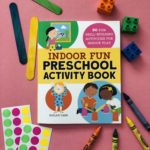 Indoor Fun Preschool Activity BookDecember 7, 2021/
Indoor Fun Preschool Activity BookDecember 7, 2021/
Tags
Categories
- Create
- History Curriculum Reviews
- Learn
- Read
- Black History Month Books
- Book Reviews
- activity book
- asian american and pacific islander
- black history month
- Cancer
- national hispanic heritage month
- Native American Heritage Month
- nurse week
- Picture Books
- Podcasts
- Pride
- Problematic Books
- Science
- Social Studies
- social-emotional learning
- Valentine's Day
- womans history month
- Women's History Month
- young adult
- Christmas Books
- Cinco de Mayo Books
- Halloween Books
- Hanukkah Books
- Juneteenth Books
- Kwanzaa Books
- Thanksgiving Books
- Valentine's Day Books

